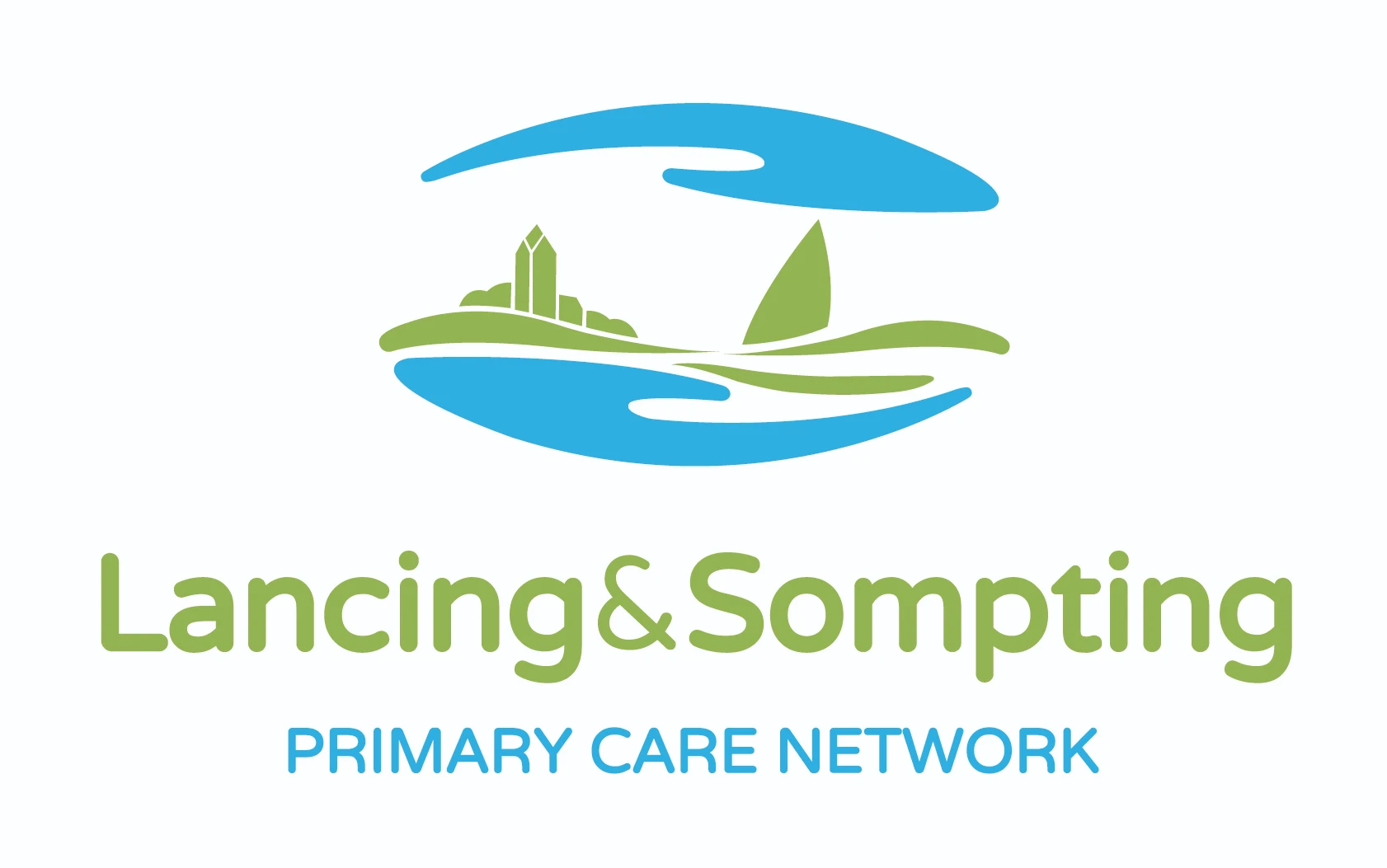We use cookies to help provide you with the best possible online experience.
By using this site, you agree that we may store and access cookies on your device. Cookie policy.
Cookie settings.
Functional Cookies
Functional Cookies are enabled by default at all times so that we can save your preferences for cookie settings and ensure site works and delivers best experience.
3rd Party Cookies
This website uses Google Analytics to collect anonymous information such as the number of visitors to the site, and the most popular pages.
Keeping this cookie enabled helps us to improve our website.
What is a PCN?
Primary Care Networks
Since the NHS was created in 1948, the population has grown and people are living longer. Many people are living with ‘Long Term Conditions’ such as Diabetes, Heart Disease or ‘Living with Mental Health Issues’ and may need to access their local health services more often. To meet these needs, GP Practices are working together with Community, Mental Health, Social Care, Pharmacy, Hospital and Voluntary Services in their local areas in groups of practices known as Primary Care Networks (PCNs).
Primary care networks (PCNs) build on existing ‘Primary Care Services’ and enable greater provision of coordinated, proactive, personalised, and more integrated health and social care for people close to home.
Clinicians describe this as a change from reactively providing appointments to proactively caring for the people and communities they serve.

Each of the 1,250 PCNs across England are based on GP registered patient lists, typically serving natural communities of between 30,000 to 50,000 people (with some flexibility).
They are small enough to provide the personal care valued by both people and GPs, but large enough to have impact and economies of scale through better collaboration between GP Practices and others in the local Health and Social Care System.
PCNs are led by Clinical Directors who will be a practising clinician from within the PCN Member Practices able to undertake the responsibilities of the role and represent the PCN’s collective interests. It is most likely that this role will be fulfilled by a GP but this is not an absolute requirement.
The Clinical Director is accountable to the PCN Members and will provide leadership for the PCN’s strategic plans, working with members to improve the quality and effectiveness of the Network Services.
Primary Care Networks are formed via signing up to Network Contact Direct Enhanced Service DES Contract which sets out their details their core requirements and entitlements for a PCN.
Find out more through a collection of case studies from across the country where PCNs are working to make a difference to staff and patients.
Watch a short animation that explains the concept of PCNs and how this new way of working enables health and other services to work together to provide better access for patients
